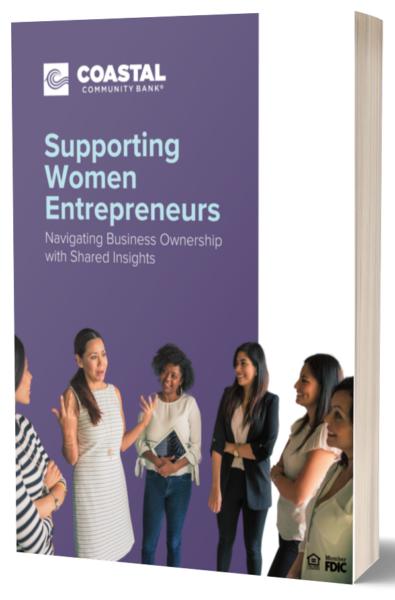
Money Smart for Small Business: Insurance Recap
In our August Money Smart for Small Business class, we learned about insurance for small businesses and its importance. We were joined by insurance experts Crystal Stevenson of Diamond Cut Insurance Group Inc. and Neil Angst of Health Insurance Solutions NW to provide additional expertise. The six key takeaways covered in the class were:
- Insurance your business may require: Typically, an insurance guide is available through your state’s government website, but you should always check with federal, state, county, and local governments to ensure your business is fully covered. If you have employees and/or a company vehicle, you may need worker’s compensation, health, unemployment, disability, and automotive insurance. You can see more information for Washington State here: https://www.insurance.wa.gov/business-insurance
- Other types to consider: Depending on your business type, you may need to consider Professional Liability Insurance, General Liability Insurance, and/or Directors & Officers (D&O) Policy. If your business provides services, consider having professional liability insurance (also known as errors and omissions insurance). This type of liability coverage will generally protect your business if sued for malpractice, errors, and negligence when providing services to your customers. A General Liability Policy is to fully protect your business in the event of a claim. A D&O Policy would provide coverage for directors and officers of a corporation, as lawsuits could be filed in response to what a director or officer did or did not do.
- Reasons for insurance: Insurance manages the impact of risks on life and business. It’s a precautionary measure that diminishes an event’s adverse effects on you, your business, and your family. Additionally, purchasing the required insurance and paying the premiums will keep your business running.
- Location-related considerations: Depending on where your business is based, it affects the type of policy. Be sure to let your agent know if your business is home-based, retail-based (and how many locations), commercial, or if you’re a vendor.
- Selecting a policy, agency, and agent: Since insurance is protection, you want to know that you are getting the best. Consumer and business reviews in magazines, journals, and blogs on the internet are a good place to start your research. For the best information, seek out reliable and unbiased sources and investigate the writer to ensure they’re an impartial source. As always, ask your Banker for some recommendations!
- What to do after the purchase: Your policies should be kept in a safe but accessible place. You should know exactly where to find them in the event of a claim or for review. Keeping all policies together in a paper file or scanned to an electronic file saves time. This information should be added to your business continuity or disaster recovery plan. Be sure to meet with your agent, review your policies periodically, and add an annual reminder to your calendar to review your insurance coverages.
Other points to consider:
- If you plan on financing your business, the bank may require certain insurance obligations to be spelled out in your financing agreement. The lender should advise you of these requirements, but you can always talk to your Banker in the meantime.
- Many banks and government loan programs require a “key person” policy. This policy provides funds for business continuity when a person vital to continued operations becomes ill in the event of death and/or if they are called to active duty status in the military.
Insurance protects from the risks that hinder a business’s productivity and cash flow. When the risks are covered, owners and employees can feel secure to focus on business growth. This is not an exhaustive list of available insurance; consult your insurance agent to find the best fit for your business.






















